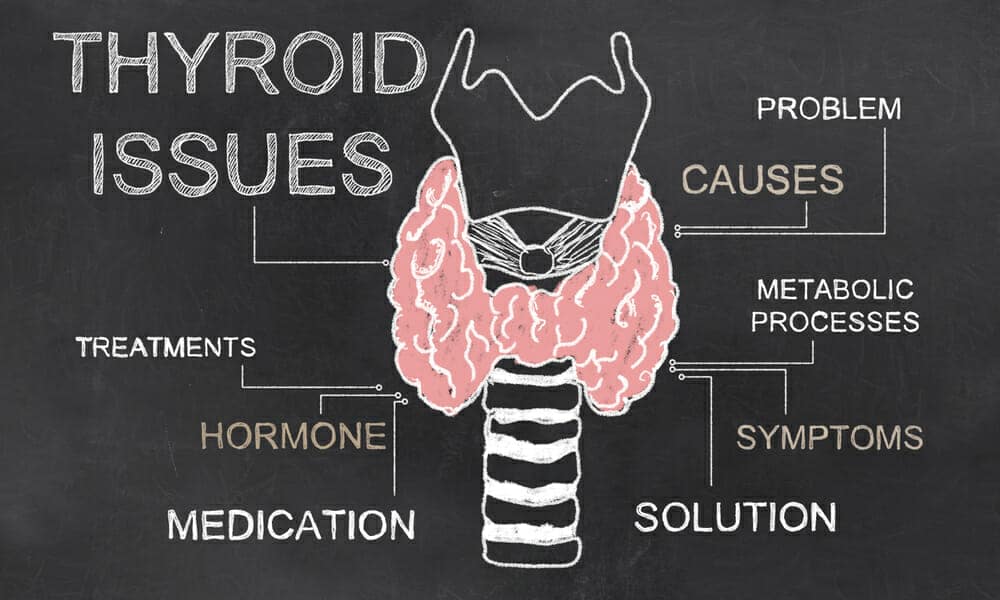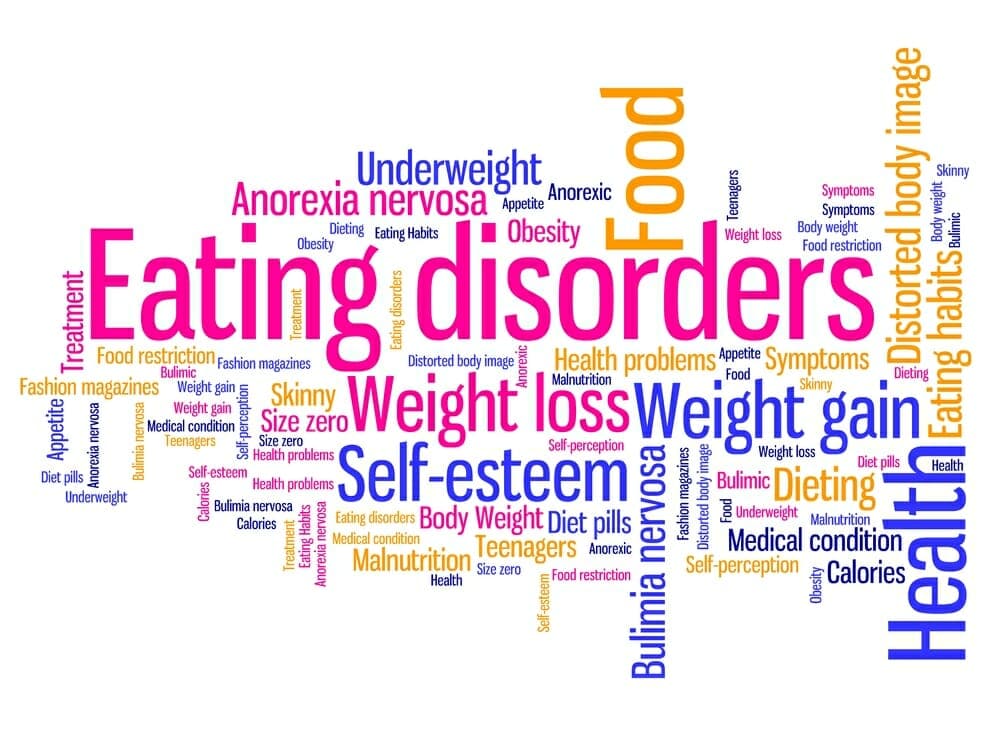Are you scheduled for bariatric surgery or are you considering it in the future? Bariatric surgeries include Gastric Bypass and Gastric Banding. These surgeries can be very successful procedures to help with weight loss. The success depends on how well you prepare for the surgery and how committed you are to following a healthy diet and exercise plan after the surgery. Your commitment will be put to the test during the pre-operative diet phase.
The pre-operative diet is a calorie restricted plan prescribed by your surgeon. The goal of the diet is for the patient to achieve a weight loss of approximately 10% of current body weight. As an example, if you weigh 250 pounds, you may be asked to lose up to 25 pounds. Your doctor will want you to be as healthy as possible before the surgery. It is important to follow his or her instructions so that the procedure can be performed with the best possible outcome.
Patients are instructed to strictly adhere to the diet or risk having the surgery cancelled or postponed.
Your doctor may also give you instructions to stop smoking and stop taking certain blood thinning medications, over-the-counter medications, vitamins and supplements, and other prescription medications.
The pre-operative weight loss plan can be approached in a couple of different ways. The first would be to ease into the weight loss by taking approximately 2 to 3 months, or longer, using a healthy eating plan that restricts calories to around 1,000 to 1,300 total per day and incorporating an appropriate exercise routine. The second approach is to fast track the weight loss by consuming a liquid diet using high protein supplements as your main source of calories and nutrients over a period of 7 to 14 days pre-surgery, depending on how much you need to lose. You will be consuming approximately 800 calories per day on this diet.
Speak with your doctor about his or her goals for your weight loss. He will likely want to check your Body Mass Index or BMI to determine how much weight he would like you to lose. Or, he might do a Body Fat assessment calculation. If you want to check both of these numbers yourself, you can find helpful tools at www.healthstatus.com. These figures can be useful in helping you and your doctor decide how many pounds of excess weight will be optimal for you to lose prior to surgery.
There are pros and cons to both pre-operative weight loss plans.
Taking the slow approach gives your body time to acclimate to a healthier diet and exercise routine. This will be very useful in preparing you for the post-operative lifestyle. The only downsides are that you will have to plan well ahead of the actual surgery and you will need to spend time designing your meals and counting calories on a daily basis. You might find it useful to consult with a nutritionist or deitician. This approach can be very educational and healthy.
Deciding to do the fast tracked liquid protein diet is less of a time commitment. And, the meals take very little planning or effort. You will basically be placing your protein supplement with water or milk and maybe some fresh fruits or vegetables into a blender for each meal. Meals are convenient and ready in minutes. The difficulty with this approach is that meals lack variety in ingredients and textures, and you will not be learning how to prepare for your new lifestyle after the surgery.
Let’s take a look at the pre-operative gastric diets more closely.
Long Term Calorie Restricted Diet
Once the ideal weight loss goal is established, you will have a certain number of calories you can eat each day. Most of these calories will come from non-starchy fresh fruits and vegetables, lean protein, healthy fats, and limited whole grains. You may be advised to eat 5 or 6 smaller meals a day to keep your metabolism running at full speed. Drinking 1/2 your body weight (in ounces) of clean water is recommended. If you weigh 250 pounds you will need to drink 125 ounces of water per day.
A typical day might look like this:
Breakfast
Boiled egg
Fresh fruit cup
Dry whole grain toast
Tea with lemon, sweetened with stevia
Snack
Dry toasted nuts or seeds
Lunch
Mixed green salad with avocado
Water packed tuna
Dressing made with yogurt and herbs
Snack
Green apple or seasoned air-popped popcorn
Dinner
Baked skinless, boneless chicken breast
Brown rice
Steamed broccoli seasoned with Liquid Aminos
You will have to check portion sizes and count calories. You can find many calorie calculators online or in your local bookstore or library. Your aim is to not exceed 1300 calories per day, or the amount your doctor suggests. Weigh yourself often and adjust the amount you eat to stay on track.
In addition to the diet, you will be asked to start conditioning your body with an exercise program. Get clearance from your doctor on what types of exercises you will be allowed to do. If you are able, walking 30 minutes a day is an excellent place to start. If you are confined to a chair or bed, leg lifts and small hand weight exercises will be helpful to start with. As you lose weight and exercise daily, you will eventually be able to be more active. Exercise helps burn calories. You can track how many calories you have burned with this calculator at www.healthstatus.com.
Patience and variety are key factors when taking your time to lose the weight. The benefits of this approach will be realized both before and after your surgery. There is always the possibility that your doctor may recommend that you also do the liquid pre-op diet outlined below. This depends on how successful you are with the first approach.
High Protein Liquid Diet
The 1 to 2 week liquid diet is high in protein and low in carbohydrates and calories. The premise is similar to the Atkins Diet where your body is being forced to use stored fat for energy. Most of your calories will come from powdered protein supplements. There are several brands to choose from. Your doctor may have a particular product that she prefers. These come in different flavors, like chocolate, strawberry, and vanilla. They likely won’t contain sugar. You can sweeten your shakes with stevia or Splenda if your doctor approves. As with the long-term diet, you will need to drink plenty of clean water daily. You will be asked to avoid certain things:
A typical day might look like this:
Breakfast Shake
Chocolate meal replacement powder
Skim milk
Ice cubes
Banana
Snack
Clear broth or other approved smooth soup
Lunch Shake
Plain oatmeal well cooked (if allowed by your doctor)
Vanilla meal replacement powder
Skim milk
Cinnamon
Stevia
Snack
Vegetable juice or sugar free Jell-O
Dinner Shake
Chocolate meal replacement powder
Water
Frozen raspberries
Stevia
This diet is very restrictive, similar to fasting. One thing to consider when you are doing a high protein liquid diet is that your kidneys will be working extra hard and your bowels might function differently than you are used to. The need for additional water can’t be stressed enough. You also might become lightheaded at first until your body adjusts to the lack of calories and carbohydrates.
Conclusion
Whatever method you and your doctor decide is the best way to prepare for your bariatric surgery, it is wise to stick to the plan. There will likely be times when it is very difficult and frustration sets in. You might be tempted to cheat a little or even to binge. That is normal when cravings kick in. You are committing to a big and challenging lifestyle change. Take a step back and breathe. Be mindful of why you are doing this and give yourself some credit and positive reinforcement.
It can be helpful to enlist friends and family to keep you on track and accountable. Look for a support group in your community. Find an exercise buddy to help keep you motivated. Some people find professional counseling is necessary to get through this phase of the surgery process.
If you do fall off the wagon with either diet, please let your doctor’s staff know. They are trained to deal with this and your safety is in their best interest.








Reply